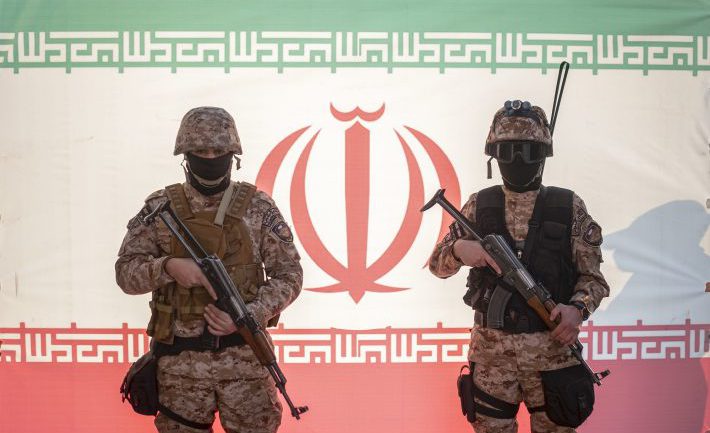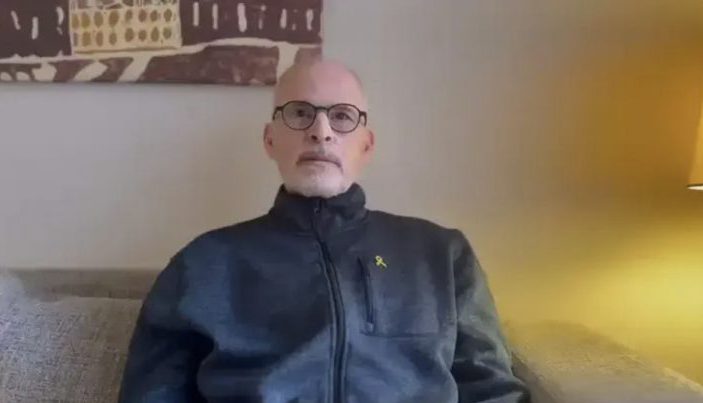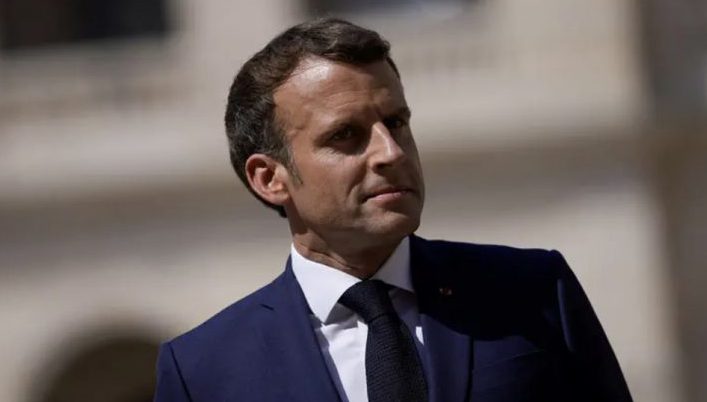Iran releases detained French nationals Cecile Kohler and Jacques Paris in a tense prisoner exchange condemned as Tehran’s political hostage diplomacy.
In a dramatic turn of events, Iran on Tuesday released two French citizens, Cecile Kohler and Jacques Paris, after more than three years of brutal imprisonment in Tehran’s notorious Evin Prison, French President Emmanuel Macron announced.
The pair’s release — widely believed to be part of a covert prisoner exchange — follows the conditional freeing of Iranian student Mahdieh Esfandiari in France last month. Esfandiari had been detained over anti-Israel propaganda and links to pro-Iranian networks operating in Europe.
Macron confirmed the development in a post on X, writing:
“They are out of Evin jail and en route to the French Embassy in Tehran. I welcome this first step. The dialogue continues to allow for their return to France as quickly as possible.”
French Foreign Minister Jean-Noel Barrot later said the pair were “safe” at the embassy and would soon be repatriated.
Iran’s Foreign Ministry spokesperson Esmaeil Baghaei described their status more cautiously, noting they had been released “on bail” and remain under judicial supervision until the next stage of proceedings.”
Kohler and Paris were among dozens of foreign and dual nationals detained by Iran in recent years — a notorious pattern the West increasingly refers to as “state hostage-taking.”
Both had been formally charged in July with “spying for Mossad,” “conspiracy to overthrow the regime,” and “corruption on earth” — capital offenses under Iran’s theocratic law. The charges, denounced by France as fabricated and politically motivated, reflected Tehran’s long-running campaign to intimidate Western nations while deflecting attention from its human rights abuses and terror funding abroad.
Behind the scenes, sources familiar with the talks say the deal was brokered after months of high-stakes negotiation between Paris and Tehran — a process complicated by Iran’s ongoing crackdown on dissent and its military backing of Hamas and Hezbollah.
Analysts see the exchange as yet another Iranian power play, exploiting foreign detainees to extract concessions from Western governments.
“Tehran’s tactic is as cynical as it is predictable,” said a former Israeli intelligence official. “They jail innocent foreigners, fabricate links to Mossad, and trade them for leverage — while continuing to bankroll terror against Israel.”
Though Macron welcomed the release, he also reaffirmed that France “will not relent in condemning Iran’s hostage diplomacy and systematic human rights violations.”
The episode underscores a stark reality: while Europe clings to diplomacy, Iran’s regime continues to weaponize human lives — even as its proxies threaten Israel and destabilize the Middle East.




